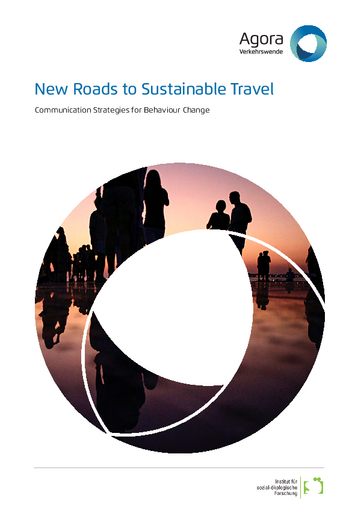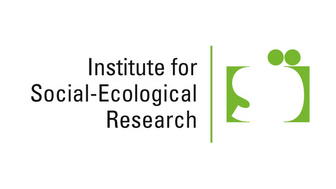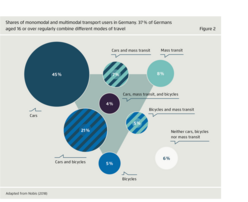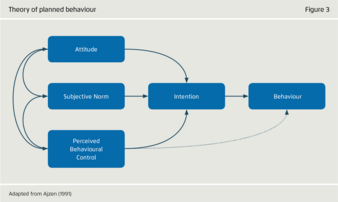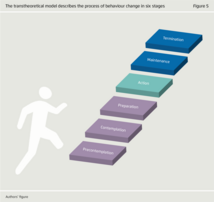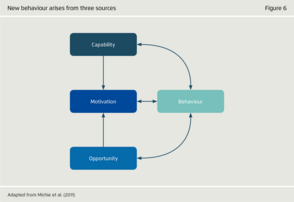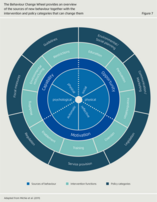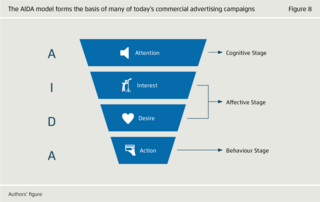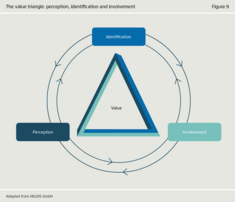What a society regards as normal is strongly shaped by the messages that its media communicate. Of the many areas of life that social norms influence, the way people travel is often overlooked because it is so deeply anchored in our psyches. Nowhere is this more true than in our attitudes towards cars. For the vast majority of people in the US, in Australia, in Europe and, increasingly, Asia, cars and car ownership have become a way of life. And the auto industry has gone to dramatic lengths to ensure that they remain so. In 2017, car manufacturers spent around 1.8 billion euros on advertising in Germany alone.
Our love affair with cars is one of the chief obstacles to creating an environmentally sustainable transport sector. If we are to curb global warming and create cleaner communities, we must learn to love other modes of travel. We have to ride our bikes, join electric carsharing services and use mass transit. But changing our travel behaviour will require enormous effort on both the individual and societal level.
There are many reasons for this. Two in particular led Agora Verkehrswende to commission New Roads to Sustainable Travel. First, travel behaviour is difficult to change in general because it is built on ingrained habits and routines. Second, our culture’s media have long equated cars with freedom, and this idea continues to hold sway over many a mind.
The ramifications are clear: to entice people away from cars, we must develop marketing strategies for alternative modes of travel that are just as professional as those used by the auto industry. We need new ideas and stories to ensure that people do not perceive change in travel behaviour as a threat or a privation. We need a comprehensive narrative of spatial mobility that forgoes personal cars while still convincing large parts of the population.
Experience has shown that whenever safe bike paths are built or public transport is upgraded, the emancipation from cars improves people’s quality of life. In most cases, the reduction in stress goes hand in hand with a reduction in costs. This is a good starting point for communicating the individual benefits of sustainable travel. Yet many decision-makers in urban transport planning, in transport policy and in public transport authorities underestimate the importance of using professional communication strategies. That is why New Roads to Sustainable Transport is, in part, an advertisement for advertising. It makes the case for the inclusion of this “soft” yet crucially important element in policy discussions about sustainable travel.
Of course, many “hard” elements still stand in the way of behaviour change: late trains, sidewalks blocked by parked cars, lack of carsharing services at the urban peripheries. Whitewashing these shortcomings will not make people any more likely to use sustainable travel options. But proactive advertising, when strategically deployed, can ensure that the shortcomings get talked about – which gives governments and administrations more reason to make improvements. Remember: advertising need not always wait until a new product – or, in this case, a new behaviour – is ready to go to market. It can also prepare the market to see the new in a positive light.


